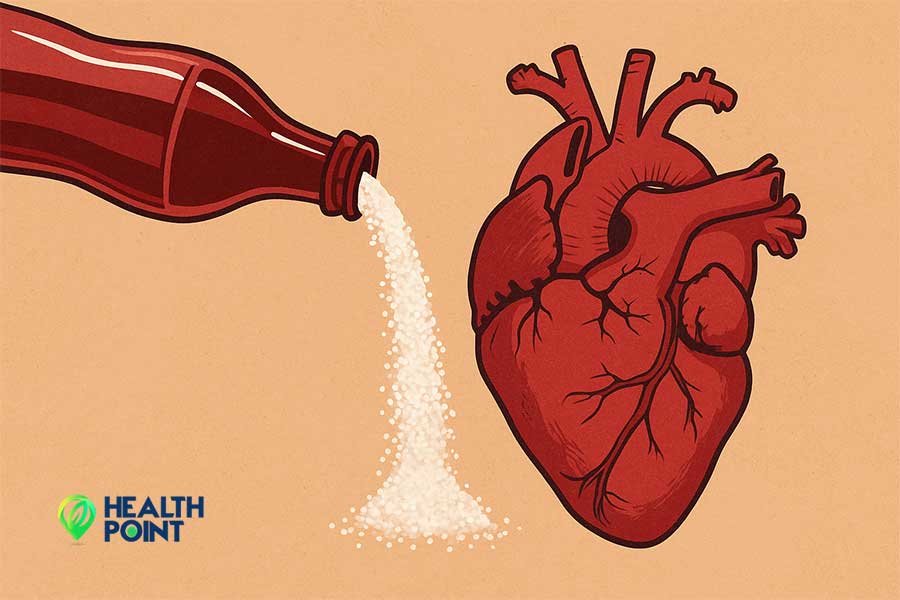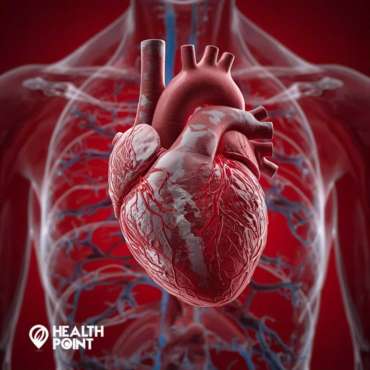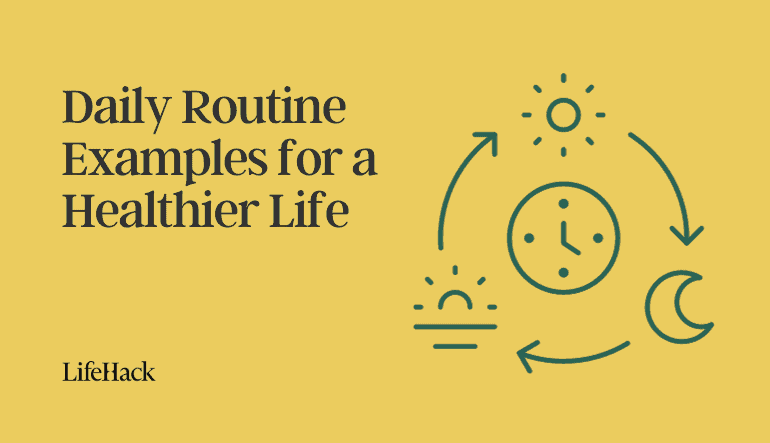How Harmful Are Soda and Soft Drinks for Heart Health?
In today’s fast-paced world, maintaining good heart health has become a real challenge. With busy schedules, poor eating habits, and increased dependency on ready-to-drink beverages, our hearts often suffer silently. Among these unhealthy choices, soft drinks and sodas are some of the most dangerous culprits.

While many people consider soda a harmless refreshment, it is actually one of the leading causes of declining heart health worldwide. Regular consumption of soft drinks — even so-called “diet” or “zero sugar” versions — can lead to obesity, high blood pressure, diabetes, and ultimately heart disease.
Let’s take a closer look at how these bubbly beverages can slowly harm your heart and what experts say you should do to stay safe.

1. The Hidden Sugar Trap in Every Can
A single can of soda may contain up to 40 grams of sugar, equivalent to 10–12 teaspoons. Consuming that much sugar in one go causes an instant spike in blood glucose levels, forcing the pancreas to work overtime to produce insulin. Over time, this leads to insulin resistance, weight gain, and inflammation — the three biggest enemies of heart health.
Moreover, this excessive sugar gets converted into triglycerides (fat in the blood), which can clog arteries and restrict blood flow. This process silently increases your risk of a heart attack or stroke later in life.
Even diet sodas marketed as “sugar-free” are not safe. They contain artificial sweeteners such as aspartame and sucralose, which can confuse your body’s metabolism and still negatively impact heart health.
2. How Soft Drinks Affect the Heart
Drinking soft drinks daily may not show immediate harm, but the long-term damage is severe. Here’s how it impacts your heart:
Raises bad cholesterol (LDL) while lowering good cholesterol (HDL)
Increases triglyceride levels leading to fat buildup in arteries
Causes inflammation in blood vessels, reducing their flexibility
Elevates blood pressure and heart rate due to caffeine and sugar overload
Leads to obesity and metabolic syndrome, increasing cardiac risk
The American Heart Association states that people who regularly drink sugary beverages are 25–30% more likely to suffer from heart disease or cardiac arrest than those who avoid them.

3. Expert’s View: Dr. Rohit Srivastav (Cardiologist)
Expert Opinion:
“Soft drinks are among the biggest threats to modern heart health,” says Dr. Rohit Srivastav, Senior Cardiologist at Metro Heart Institute.“Most people think one can of soda a day won’t matter, but the damage is cumulative. The high sugar content and chemical additives cause artery inflammation and increase the risk of plaque formation. Even diet sodas are not a safe substitute—they can disrupt metabolism and increase insulin resistance. If you care about your heart, cutting down soft drinks is one of the best decisions you can make.”
Dr. Srivastav emphasizes that improving heart health starts with small, consistent lifestyle changes. “Replace soda with natural drinks like coconut water or lemon water. Your heart will thank you in the long run,” he adds.
4. The Energy Boost Myth — A Dangerous Illusion
Many people drink soda or soft drinks for a quick energy boost during work or workouts. But this energy comes from a rapid sugar surge, not real nutrition.
After an hour or two, this surge fades away, leading to a “sugar crash” — leaving you fatigued, irritable, and craving even more sugar.
This continuous rise and fall of blood sugar causes stress on the cardiovascular system, forcing your heart to work harder. Over time, this can weaken your heart muscles and lead to chronic fatigue and arrhythmia (irregular heartbeat).
5. What Science Says About Soda and Heart Disease
Research from the Harvard School of Public Health revealed that people who consumed one or more sugary beverages daily had a 26% higher chance of developing heart disease.
Another study published in the Journal of the American Heart Association found that frequent soft drink consumers had stiffer arteries and higher blood pressure, even if they maintained a healthy body weight.
These studies confirm what doctors have been warning for years — soft drinks are not just bad for your teeth or weight, they are slowly destroying your heart from within.
6. Safer Drink Alternatives for Better Heart Health
Here are some excellent substitutes that promote better heart health:
✅ Lemon or Mint Water
Helps detoxify the body and improve hydration naturally, without any sugar.
✅ Coconut Water
Rich in potassium and electrolytes that balance blood pressure and support heart function.
✅ Green Tea or Herbal Infusions
Contain antioxidants that improve blood circulation and strengthen arteries.
✅ Homemade Fruit-Infused Water
Add cucumber, orange, or berry slices to water for flavor and nutrients.
✅ Buttermilk or Low-Fat Milk
Provide calcium and protein without excess sugar, making them great for the heart.
7. Warning Signs of Soda-Linked Heart Damage
If you are a regular soda drinker, watch out for these warning symptoms:
Constant tiredness or shortness of breath
High blood pressure or cholesterol
Sudden weight gain, especially around the belly
Chest discomfort or irregular heartbeat
These could be early signs that your heart is under pressure. Always consult a cardiologist if these symptoms persist.
Dr. Srivastav’s Final Advice:
“Your heart doesn’t need soda — it needs care, rest, and proper nutrition. Every time you choose water over soda, you’re giving your heart a better future.”
FAQ Section
1. Can drinking soda cause heart attacks?
Yes, regular soda consumption increases the risk of heart attack and artery blockage due to high sugar, caffeine, and chemical content.
2. Are diet sodas safe for heart health?
No. Artificial sweeteners in diet sodas can still trigger metabolic and insulin issues, which indirectly harm the heart.
3. How much soda is safe to drink?
Experts recommend avoiding it altogether, but if unavoidable, limit it to one small can per week at most.
4. What’s the best drink for heart health?
Water, coconut water, green tea, and herbal drinks are the best beverages to support long-term heart health.
5. Can quitting soda improve heart health immediately?
Yes! Within a few weeks of quitting soda, you’ll notice better energy, lower blood pressure, and improved cholesterol levels — all signs of a healthier heart.
Protect Your Heart, Skip the Soda & Softdrinks
Soft drinks may be marketed as fun and energizing, but the truth is harsh — they slowly destroy your heart health with every sip. The combination of sugar, caffeine, and artificial ingredients silently contributes to heart disease, obesity, and metabolic problems.
By making mindful choices and replacing soda with natural alternatives, you can significantly improve your heart health and overall well-being. Remember, your heart doesn’t need sweetness — it needs strength.
References and Research Sources
Harvard T.H. Chan School of Public Health.
Sugary drinks increase risk of cardiovascular disease, regardless of how much you exercise.
Read Study →Malik V.S., et al.
Soft drinks and sweetened beverages and the risk of cardiovascular disease: a systematic review and meta-analysis.
Published by John Wiley & Sons Ltd.
Read on PubMed →Imamura F., et al. (2022).
The Impacts of Sugar-Sweetened Beverages (SSB) on Cardiovascular Disease.
National Institutes of Health (NIH) – PMC.
Access Full Article →American Heart Association (AHA).
What does the sugar in beverages do to your body?
Read on Heart.org →Journal of the American Heart Association (JAHA).
Sugar-Sweetened Beverage Intake and Cardiovascular Disease.
Full Paper →PubMed Central (PMC).
Artificially Sweetened Beverages and Health Outcomes: an umbrella review and meta-analysis.
Read Study →PubMed.
Intake of Sugar-Sweetened and Low- or No-Calorie Sweetened Beverages and Risk of Cardiovascular Disease: a dose-response meta-analysis.
Read Abstract →


